Top 10 Useful Tips To Age Beautifully And Healthily
You can’t stand in a checkout line without seeing at least a few magazine headlines about how to look younger. While dreading some wrinkles and sagging isn’t uncommon, there’s so much more to aging well.
Aging gracefully isn’t about trying to look like a 20-something — it’s about living your best life and having the physical and mental health to enjoy it. Like a bottle of wine, you can get better with age with the right care.
We all want to look beautiful, and have probably read up on beauty tips such as using more olive oil for improved skin care, changing our makeup products, drinking more green tea for health, and lots of lukewarm water for beautiful skin, but which actually work?
The process of aging
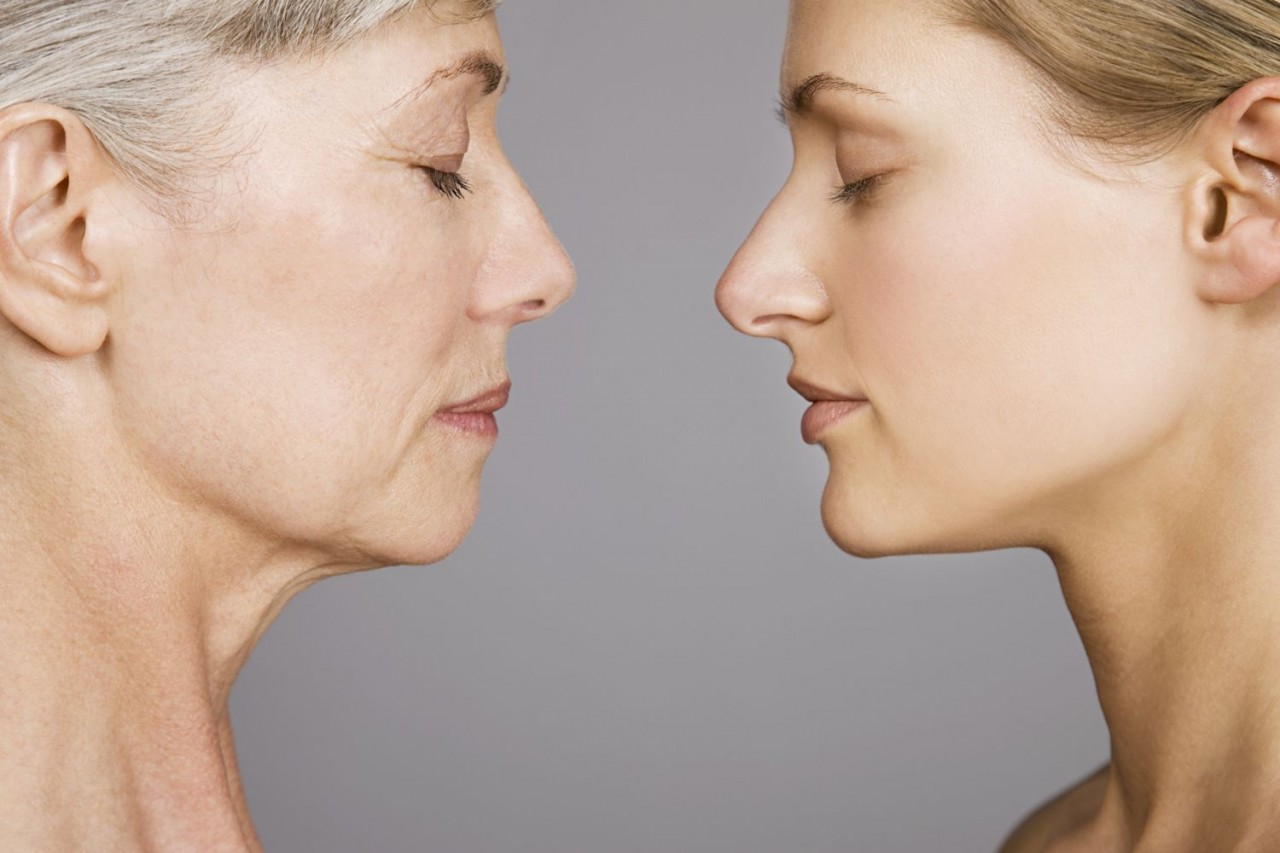 |
| Photo: Getty Images |
Aging is a gradual, continuous process of natural change that begins in early adulthood. During early middle age, many bodily functions begin to gradually decline.
People do not become old or elderly at any specific age. Traditionally, age 65 has been designated as the beginning of old age. But the reason was based in history, not biology. Many years ago, age 65 was chosen as the age for retirement in Germany, the first nation to establish a retirement program, and it continues to be the retirement age for most people in developed societies, although this tradition is changing.
When a person becomes old can be answered in different ways:
- Chronologic age: Chronologic age is based solely on the passage of time. It is a person’s age in years. Chronologic age has limited significance in terms of health. Nonetheless, the likelihood of developing a health problem increases as people age, and it is health problems, rather than normal aging, that are the primary cause of functional loss during old age. Because chronologic age helps predict many health problems, it has some legal and financial uses.
- Biologic age: Biologic age refers to changes in the body that commonly occur as people age. Because these changes affect some people sooner than others, some people are biologically old at 65, and others not until a decade or more later. However, most noticeable differences in apparent age among people of similar chronologic age are caused by lifestyle, habit, and subtle effects of disease rather than by differences in actual aging.
- Psychologic age: Psychologic age is based on how people act and feel. For example, an 80-year-old who works, plans, looks forward to future events, and participates in many activities is considered psychologically young.
Most people do not need the expertise of a geriatrician (a doctor who specializes in the care of older people) until they are 70, 75, or even 80 years old.
Normal aging
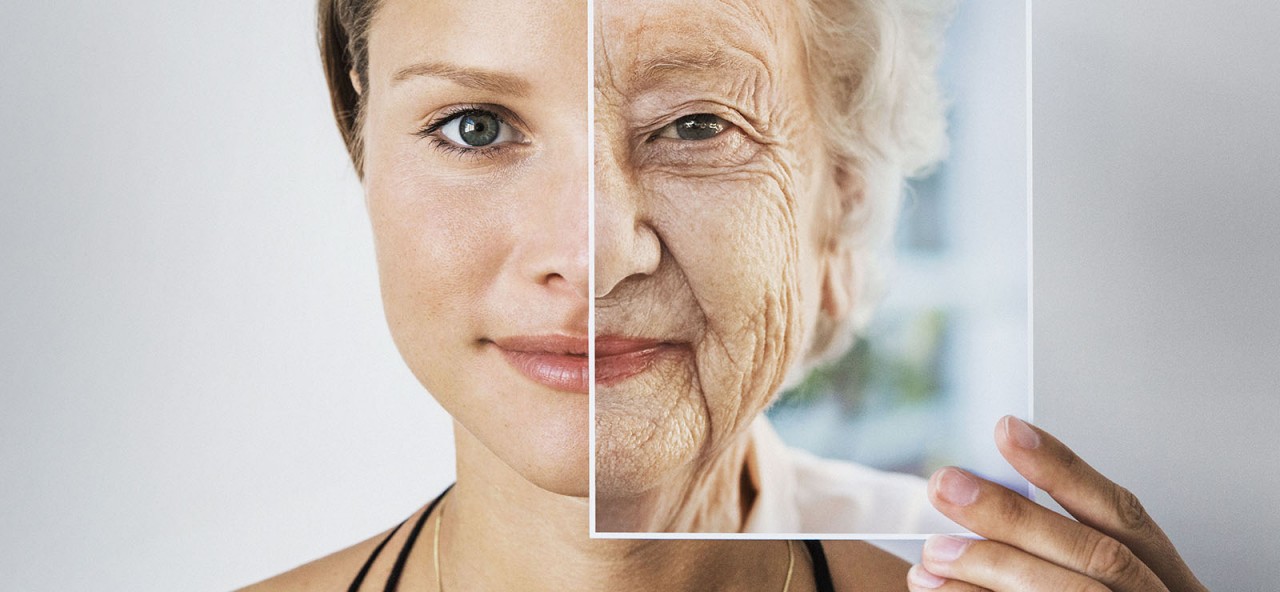 |
| Photo: Getty Images |
People often wonder whether what they are experiencing as they age is normal or abnormal. Although people age somewhat differently, some changes result from internal processes, that is, from aging itself. Thus, such changes, although undesired, are considered normal and are sometimes called pure aging. These changes occur in everyone who lives long enough, and that universality is part of the definition of pure aging. They are to be expected and are generally unavoidable. For example, as people age, the lens of the eye thickens, stiffens, and becomes less able to focus on close objects, such as reading materials (a disorder called presbyopia). This change occurs in virtually all older people. Thus, presbyopia is considered normal aging. Other terms used to describe these changes are usual aging and senescence.
Did You Know...
|
Exactly what constitutes normal aging is not always clear. Changes that occur with normal aging make people more likely to develop certain disorders. However, people can sometimes take actions to compensate for these changes. For example, older people are more likely to lose teeth. But seeing a dentist regularly, eating fewer sweets, and brushing and flossing regularly may reduce the chances of tooth loss. Thus, tooth loss, although common with aging, is an avoidable part of aging.
Also, functional decline that is part of aging sometimes seems similar to functional decline that is part of a disorder. For example, with advanced age, a mild decline in mental function is nearly universal and is considered normal aging. This decline includes increased difficulty learning new languages, decreased attention span, and increased forgetfulness. In contrast, the decline that occurs in dementia is much more severe. For example, people who are aging normally may misplace things or forget details, but people who have dementia forget entire events. People with dementia also have difficulty doing normal daily tasks (such as driving, cooking, and handling finances) and understanding the environment, including knowing what year it is and where they are. Thus, dementia is considered a disorder, even though it is common in late life. Certain kinds of dementia, such as Alzheimer disease, differ from normal aging in other ways as well. For example, brain tissue (obtained during autopsy) in people with Alzheimer disease looks different from that in older people without the disease. So the distinction between normal aging and dementia is clear.
Sometimes the distinction between functional decline that is part of aging and functional decline that is part of a disorder seems arbitrary. For example, as people age, blood sugar levels increase more after eating carbohydrates than they do in younger people. This increase is considered normal aging. However, if the increase exceeds a certain level, diabetes, a disorder, is diagnosed. In this case, the difference is one of degree only.
Healthy (successful) aging
Healthy aging refers to postponement of or reduction in the undesired effects of aging. The goals of healthy aging are maintaining physical and mental health, avoiding disorders, and remaining active and independent. For most people, maintaining general good health requires more effort as they age. Developing certain healthy habits can help, such as
- Following a nutritious diet
- Exercising regularly
- Staying mentally active
The sooner a person develops these habits, the better. However, it is never too late to begin. In this way, people can have some control over what happens to them as they age.
How to ease the process of aging, and age beautifully
1. Watch what you eat and drink
 |
| Photo: Times of India |
It sounds obvious, but having a balanced diet is crucial for good health, energy and preventing illness. An ideal diet should be low in saturated fat, with lots of fruit and vegetables, wholegrains, oily fish, and small amounts of low-fat dairy and lean meat.
Don’t forget to top-up with lots of water to avoid dehydration, which can make you feel tired and confused. Tea, coffee and fruit juice will also help you to stay hydrated, but avoid sugary fizzy drinks.
If you drink alcohol, keep at least two days per week booze-free to give your liver time to recover from the toxic effects of alcohol, and don’t exceed recommended daily limits for alcohol consumption.
2. Use sunscreen
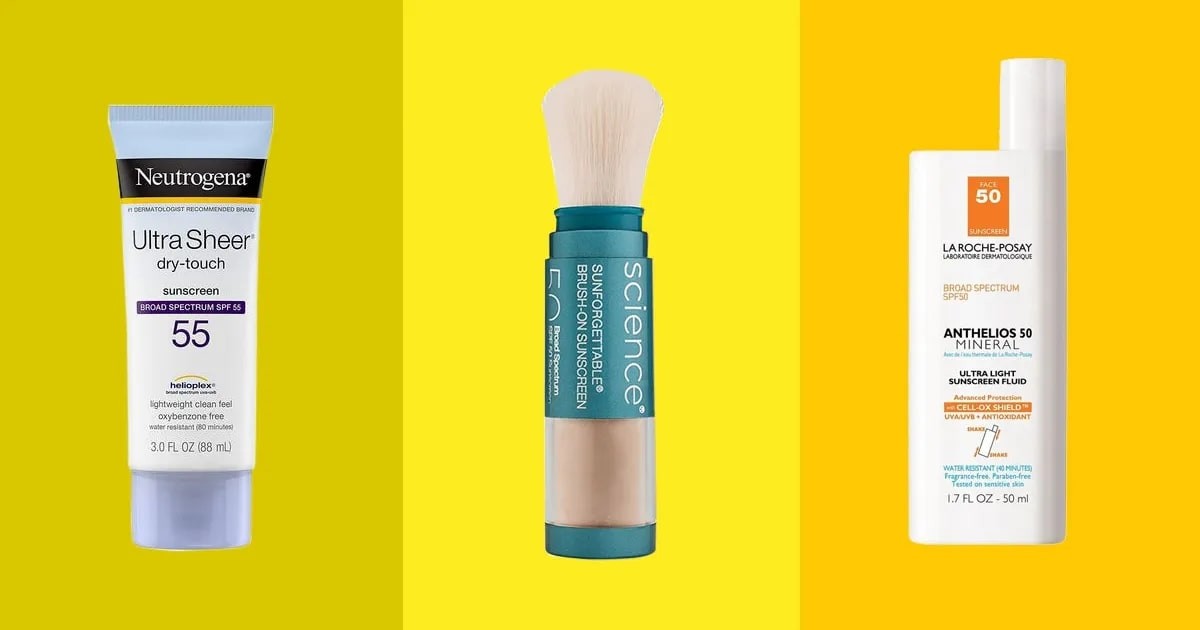 |
| Photo: New York Magazine |
While the sun nourishes us with vitamin D, it also has harmful ultraviolet rays which can potentially lead to skin cancer. Some dermatologists say that 90 percent of dark spots, wrinkles, and sagging are as a result of sun exposure.
This is because as we get older the structural fiber of the skin known as collagen begins to degenerate. Exposure to the sun accelerates this degeneration.
Therefore, it is advisable on a hot day to make sure to apply sunscreen generously. Before going out, wear sunglasses and a hat to protect your skin.
Regular moisturizing will do wonders to the smoothness and elasticity of your skin. Leaving it protected against wrinkles and scarring and keeping it soft and touchable.
On many occasions, we forget to pay attention to the hands and focus purely on the face, which leads to visible signs of aging on the hands. To avoid this, apply a generous amount of sunscreen in the morning and a hand cream that has retinoid at the end of the day.
3. Exercise
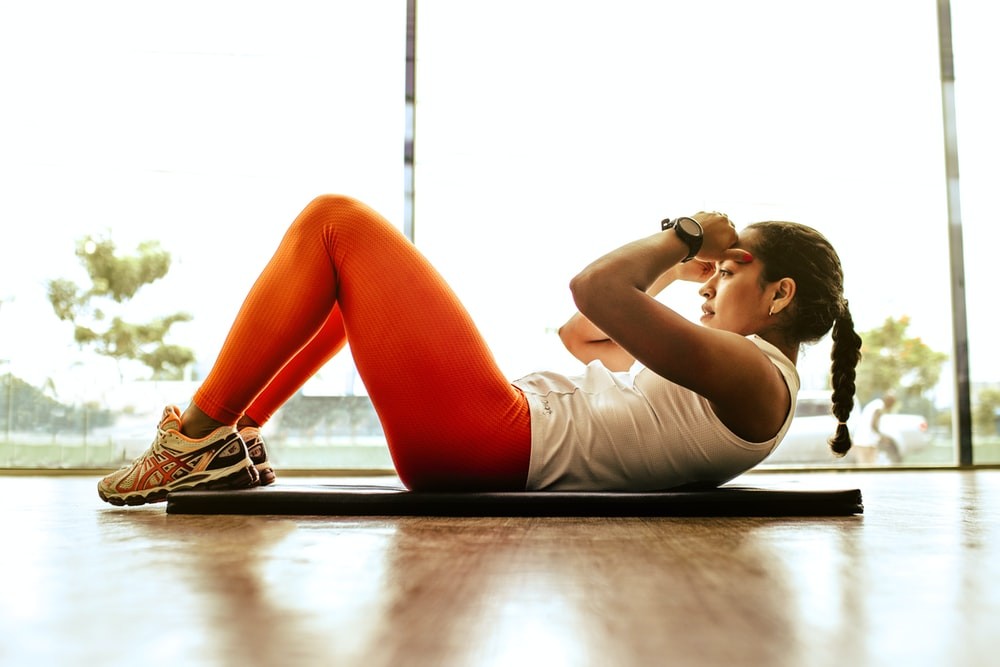 |
| Photo: Unsplash |
Regular exercise significantly lowers your risk of diseases, such as heart disease and cancer, and helps you retain your mobility longer. Exercise also lowers stress and improves sleep, skin and bone health, and mood.
The Department of Health & Human ServicesTrusted Source recommends that adults do:
- 2.5 to 5 hours per week of moderate-intensity exercise, 1.25 to 2.5 hours per week of vigorous-intensity aerobic exercise, or a combination of the two
- muscle strengthening activities of moderate intensity or greater, that involve all major muscle groups, two or more days per week
Some examples of aerobic exercise include:
- walking
- swimming
- dancing
- cycling
Muscle- and bone-strengthening exercises can be performed using weights or resistance bands.
Older adults should also focus on activities that include balance training in addition to aerobic and muscle strengthening exercises.
4. Mental health matters
Being happy and keeping your stress down goes a long way in helping you live and age well.
To keep your mood elevated:
Spend time with friends and loved ones. Meaningful relationships and a strong social network improve mental and physical well-being and longevity. Don’t forget your furry loved ones as having a pet has been linked to lower stress and blood pressure, reduced loneliness, and better moods.
Accept your age. There is evidence that people who maintain a positive attitude about aging live longer and may recover better from a disability. Aging is inevitable and learning to embrace it can make all the difference.
Do things you enjoy. Taking the time to engage in activities you enjoy will only fuel your happiness. Spend time in nature, pursue a new hobby, volunteer — whatever brings you joy.
5. Get a vitamin boost
 |
| Photo: UltraIngredients Asia |
Lots of people have a vitamin D deficiency and don’t know it. In fact, it’s estimated that it affects half of the adult population. Vitamin D deficiency has been linked to cognitive impairment, bone problems and also cardiovascular disease.
Try to get outside in the sunshine for at least 15-20 minutes a day for a vitamin D boost. It can also be found in food such as eggs and oily fish. Alternatively, talk to your doctor about a vitamin D supplement.
6. Quit smoking and decrease alcohol consumption
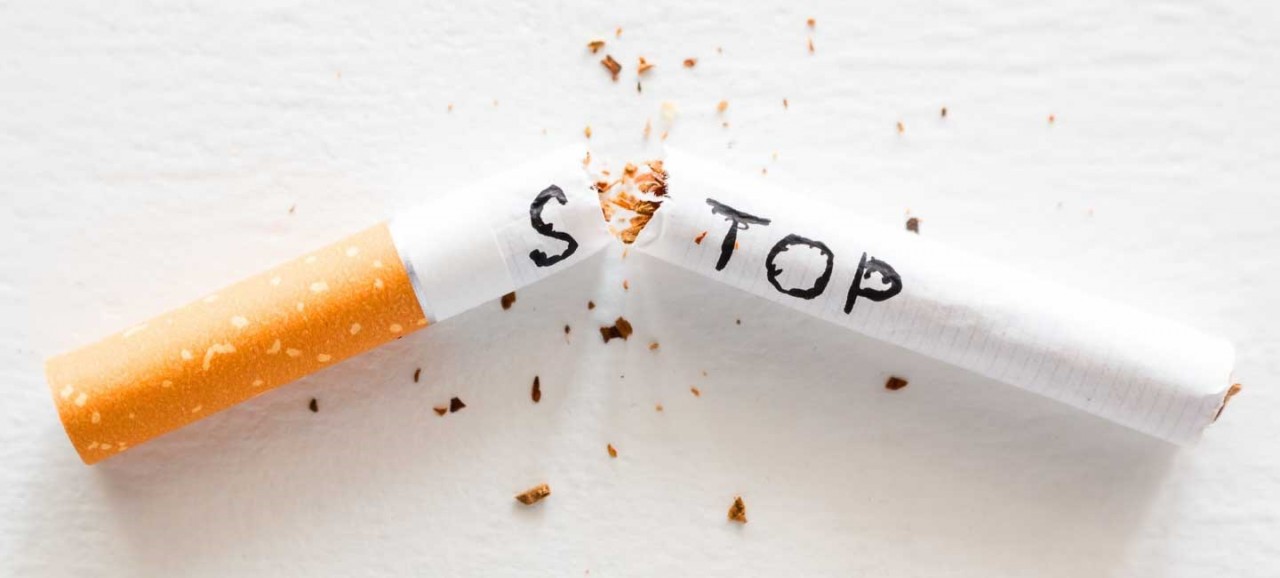 |
| Photo: Moffitt Cancer Centre |
Smoking and alcohol have both been shown to cause premature aging and increase the risk of disease.
Quitting smoking isn’t easy, but there are resources available to help you quit. Speak to a doctor about how to quit.
As for alcohol, limit your intake to the recommended amount to avoid health risks. That’s one drink per day for women and two drinks per day for men.
7. Get enough sleep
Good sleep is important for your physical and mental health. It also plays a role in your skin’s health.
How much sleep you need depends on your age. Adults over 18 should aim for seven to eight hours of sleep every night.
Getting enough sleep has been proven to:
- lower the risk of heart disease and stroke
- reduce stress and depression
- lower the risk of obesity
- reduce inflammation
- improve focus and concentration
8. Practice mindfulness
Mindfulness is about acceptance and living in the moment by focusing on the present. Practicing mindfulness has many proven health benefits that can help you age better, including:
- improved focus
- better memory
- lower stress
- improved emotional reaction
- relationship satisfaction
- increased immune functioning
To practice mindfulness, try:
- meditation
- yoga
- tai chi
- coloring
9. Drink plenty of water
Drinking enough water helps keep you regular and improves your energy levels and brain function. Coincidentally, it’s also been proven to help keep skin healthier and reduce signs of aging.
How much water you should drink depends on:
- your thirst
- your activity level
- how often you urinate and move your bowels
- how much you sweat
- your gender
Speak to a doctor if you have questions or concerns about your water intake.
10. Look after your teeth
Brush your teeth twice a day and floss daily. Floss helps to prevent gum disease by removing pieces of food and plaque from between the teeth.
If it’s left to build up you might notice sore or bleeding gums, and gum disease can also be linked to diabetes, strokes, heart disease, and rheumatoid arthritis.
Have regular check-ups and, if you wear dentures or have a bridge, ask your dentist to check that they fit properly.
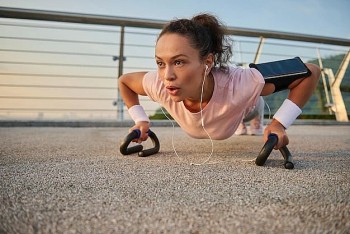 | Top 7 Best Exercises That You Can Do In The Park People often go to the gym to have exercises, but it is not always the only option available. You can turn the park into your ... |
 | 10 Useful Tips On How To do Yoga At Home Yoga has recently become one of the best exercise methods that bring many health benefits to people, but it also requires a lot of technique ... |
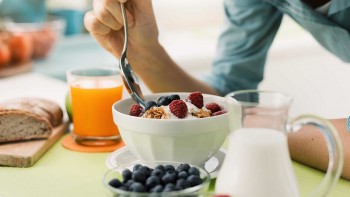 | Eating Healthy: 10 Tips For Healthier Life Living and eating a healthy lifestyle is essential, but it is also not easy to follow. In the article below, these tips will show you ... |
Recommended
 Handbook
Handbook
Vietnam Moves Up 8 Places In World Happiness Index
 Handbook
Handbook
Travelling Vietnam Through French Artist's Children Book
 Multimedia
Multimedia
Vietnamese Turmeric Fish among Best Asian Dishes: TasteAtlas
 Handbook
Handbook
From Lost to Found: German Tourist Thanks Vietnamese Police for Returning His Bag
Popular article
 Handbook
Handbook
Prediction and Resolution for the Disasters of Humanity
 Handbook
Handbook
16 French Films To Be Shown For Free During Tet Holiday In Vietnam
 Handbook
Handbook
Unique Cultural and Religious Activities to Welcome Year of the Snake
 Handbook
Handbook







